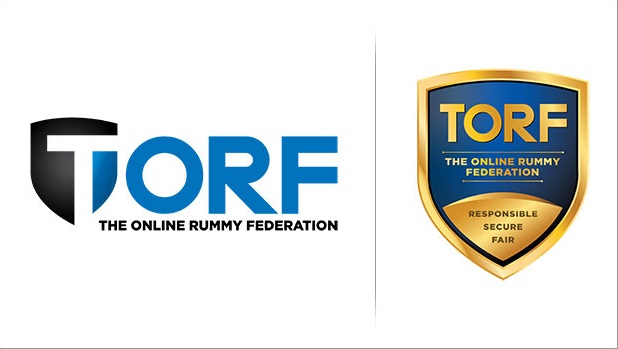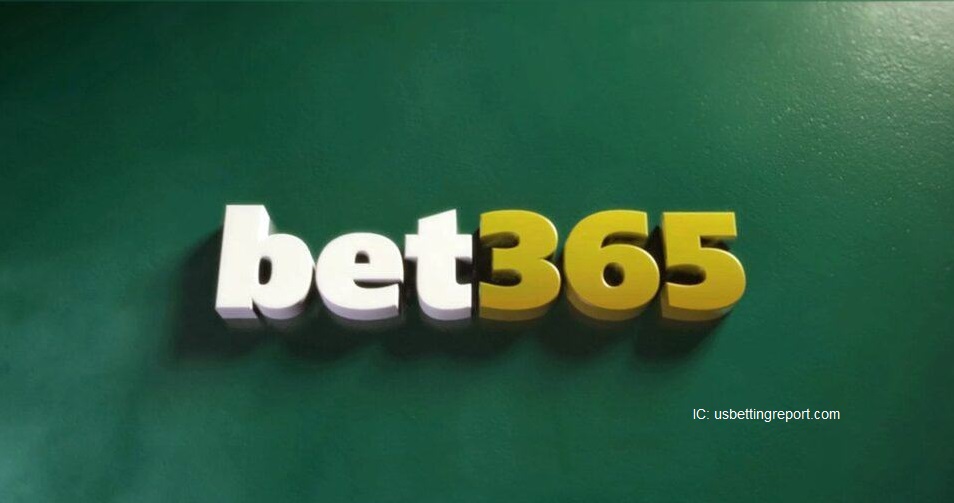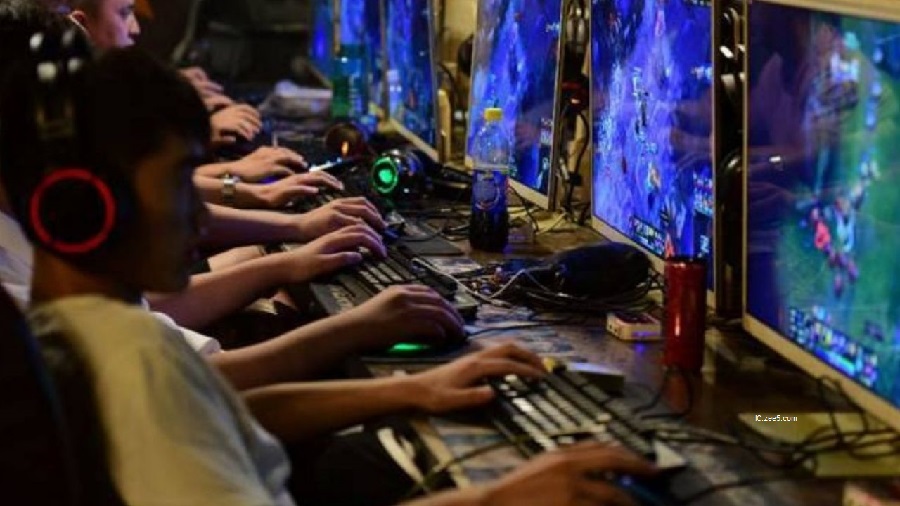Certainly, here's a revised version of the content that
highlights the potential negative impact of new taxes on the online gaming
industry:
"Introducing new taxes in the online gaming sector
could potentially cripple an industry that has been thriving globally, with an
estimated worth of $200 billion. This digital playground, often underestimated
by those favoring more traditional forms of entertainment like movies, plays a
pivotal role in not only generating substantial revenue but also driving
innovations in hardware, software, and graphics.
For young, ambitious entrepreneurs, the startup world
initially appears to be a realm of endless possibilities, fueled by government
initiatives like StartUp India, Skill India, and Aspirational India. These
programs convey the message that innovation and creativity are valued,
encouraging individuals to turn their dreams into reality, create jobs, and contribute
to the nation's growth. However, the harsh reality often sets in when
entrepreneurs encounter the complexities of taxation.
One such example is the infamous 'angel tax,' a testament
to the government's concerns about potential financial irregularities. While
designed to curb money laundering through startups, it inadvertently places an
undue burden on emerging businesses, their capital, and their investors.
However, an even graver concern lies in the recent
imposition of taxes on online real-money gaming. This thriving industry,
encompassing a range of games of chance and skill, now faces suffocation at the
hands of the government.
Some critics argue that online gaming is a luxury,
unsuitable for India's aspiring youth, who should instead channel their energy
into traditional career paths like medicine, engineering, or management. This
perspective fails to acknowledge that the online gaming industry has already
outgrown the movie industry by four to five times, both in terms of revenue and
innovation. Countries like South Korea and Japan have harnessed their soft
power through mediums such as manga, anime, games, music, and movies,
underscoring the industry's significance.
India, with its rich cultural resources, has the potential
to create a plethora of globally successful games. Artificial intelligence can
bridge language barriers, and high-speed communication networks can facilitate
global distribution. A thriving gaming industry could generate millions of jobs
across creative arts, technology, and marketing, making it a pivotal part of
the nation's economic growth.
However, the introduction of taxes in the online gaming
sector threatens to stifle its growth. Previously, taxes were levied on the
Gross Gaming Revenue (GGR) and income earned by gaming companies. Under the new
regime, the entire entry fee is subjected to a 28% GST. This change
dramatically reduces the post-tax earnings for players, making foreign gaming
companies increasingly appealing, despite their ban in India. Smaller Indian
gaming companies may struggle to survive under these conditions.
Furthermore, the tax department's pursuit of back taxes
from gaming companies, collectively estimated to be over Rs 1,00,000 crore,
further exacerbates the industry's challenges.
In conclusion, while taxation is essential for a
functioning economy, the excessive burden placed on the online gaming industry
has the potential to stifle its growth, innovation, and job creation potential.
Striking a balance between revenue collection and industry support is crucial
to nurturing this thriving sector."























.jpg)













































.jpg)





